Robin Vos:
This budget shows clearly that we can live within our means and that we can build on last session’s historic investment in K-12 education.
Frederica Freyberg:
Assembly Speaker Robin Vos on the Republican version of the K-12 spending plan. I’m Frederica Freyberg. Tonight on “Here & Now” more on the dueling budgets and the battle over how much to spend on state schools. We’ll hear from two members of the Joint Finance Committee. WPR’s Shawn Johnson sorts through the stubborn politics of the budget. We’ll look ahead at water policy in the budget plan. And an inside look at calls for impeachment of President Trump. It’s “Here & Now” for May 24.
Announcer:
Funding for “Here & Now” is provided in part by Friends of Wisconsin Public Television.
Frederica Freyberg:
A first look tonight at a major piece of the state budget, spending for K-12 education. The Legislature’s Joint Finance Committee voted Thursday to increase K-12 funding by $500 million to $12.3 billion. That includes $97 million more for special education. Increasing revenue limits by $200 per pupil in the first year of the budget and $204 in the second. It would increase the reimbursement to districts for special education to 30% in the second year and put $12.5 million into mental health. The Legislature’s Joint Finance Committee voted along party lines to approve the plan.
John Nygren:
I believe this investment that we are making today is adequate. In fact, it goes beyond adequacy. I think it goes to fund what is our most important priority and that’s our kids. I also believe, most importantly, that the promise we’re making today is sustainable.
Evan Goyke:
Representative Nygren said that this budget proposal, the Republican plan, that it wouldn’t matter, that it doesn’t matter what zip code you live in, that under their proposal, you get a quality education. Wrong. Nope. Inaccurate. Not true. This budget makes changes, this motion made changes to the governor’s budget, and it does matter where you live. This motion does pick winners and losers.
Frederica Freyberg:
Democrats especially fault the Republican spending plan for what they regard as shorting special education. But Finance Committee Vice chair Republican Senator Luther Olsen calls the GOP school plan the best it gets, though overall it falls $900 million short of what Governor Tony Evers proposed and $500 million short of the governor’s special education funding proposal. Senator Olsen joins us from Oshkosh. Thanks very much for doing so.
Luther Olsen:
My pleasure.
Frederica Freyberg:
Describe why you think this is a good K-12 budget.
Luther Olsen:
Well, it’s going to get most of the money in the budget, $500 million. It averages out about $500 some per student and our special ed number is what really Governor Evers when he was Superintendent Evers asked for. He asked for about 26% in the first year and 30% in the second year when he was state superintendent. And we hit those numbers and the thing you have to realize is, that 30% is going to be there forever, so no matter how much special ed costs increase, we will be funding 30%.
Frederica Freyberg:
As you say, this is kind of a major concern on the part of Democrats that reimbursement rate to schools for their special education spending because, again, the governor in this budget asked for 60% in the second year. So that is a big gap.
Luther Olsen:
Yeah, you know, he asked for that, but the governor proposes and the Legislature disposes, and our number is higher than the base. You can come up with any number that you sort of want, but this is one that we felt that we can continue to fund over the years.
Frederica Freyberg:
Do schools end up having to spend from their general revenues serving all students to make up for that reimbursement rate, though?
Luther Olsen:
Correct. What happens is, special ed students have individual education plans, and what that says schools have to provide, whether they have enough money in the special ed budget or not, so they are transferring money from regular ed over to special ed, and you know, robbing Peter to pay Paul. We haven’t increased that number for 8 to 10 years, that percent, so this budget, we did, bringing them up to 30%. The fed said they were going to reimburse at a much higher rate and they haven’t. In fact, I was out in DC a couple years ago talking to the Education Department saying you know, you really need to increase the reimbursement rate because it’s not what you promised, and the education folks in DC, under President Obama said, “No, we think our percent is just right.” So they’re not increasing their percent, Wisconsin is.
Frederica Freyberg:
What about the criticism that there are winners and losers in the plan passed out of Joint Finance, whereby rich districts get the same per pupil spending as poor districts without the Evers change to the funding formula, which would boost poorer districts?
Luther Olsen:
Well, they don’t get the same because we have equalized aid formula. So like I have Green Lake in my district, they get no state aid, really. The last budget, the last couple budgets, in per pupil spending, and now we’re increasing that per pupil spending to $700, so no matter what you spend in the property wealth, you get $700 or will get $700, and eventually a thousand at the end of the day, but you have to realize that there’s high value property districts, but the people who live there don’t make a lot of money. All those are pretty much vacation places, and so what happens is people who live in Green Lake that live there, their incomes aren’t that great. So that’s why we did this.
Frederica Freyberg:
You said that this is the best it gets for K-12 spending. So no further negotiation even though this spending is a third of what the governor called for?
Luther Olsen:
Yeah, I mean, we did what we could do. I don’t see us coming back to say, “Well, we’ve got more money” because I don’t know where we’d get it. The thing that concerns me is, you know, Director Lange from the Fiscal Bureau always keeps talking about we could be slipping into a recession one of these years. And so if all of a sudden that whisper happens, then we’re going to have to refigure things and it won’t be higher, it will be lower. So I really think that the number we have is a good number. I’ve talked to plenty of superintendents and they said, “Get us the two, the 204 and 30% reimbursement and we will be happy.” Would they want more? Of course. But they’re realistic.
Frederica Freyberg:
What concerns do you have about a governor’s veto?
Luther Olsen:
Well, if he vetoes it, the whole budget, then I don’t know what’s going to happen. We will probably send him bits and pieces of the budget, but the sad thing is, it just delays information for school districts because they start their budgeting year July 1st. And if this goes on until October/November, their year is, you know, going through fast, and they don’t have any increase. So I think it behooves the governor — it’s not what he wanted, but it’s an increase, and a lot of times a half a loaf or a third of a loaf is better than no loaf.
Frederica Freyberg:
We leave it there. Senator Luther Olsen, thanks very much for joining us.
Luther Olsen:
Thank you.
Frederica Freyberg:
For their part, Democrats call the Republican K-12 spending plan inadequate. Joint Finance Committee Member, Democratic Representative Chris Taylor voted against the Republican budget measure for schools. She joins us now. Thanks very much for being here.
Chris Taylor:
Thanks for having me.
Frederica Freyberg:
So tell us why you voted against this plan.
Chris Taylor:
Well, the governor proposed a $1.4 billion increase that our schools are desperate for. We went all over the state in Joint Finance hearings on the budget and what we heard is people begging us to adopt the governor’s K-12 budget, given the inadequate funding over the last eight years, and even the steepest cut we’ve ever seen in the history of our state. So we wanted and the people wanted that increase, our schools are hurting, a record number have gone to referendum. Just in November, this last November, 77 referendum passed. People voted to raise their property taxes by $1.4 billion to fund schools. So it’s very interesting the governor was proposing $1.4 billion in an investment, and it’s really unfortunate that my Republican colleagues cut that proposal by about $900 million.
Frederica Freyberg:
Now one of Democrats’ big concerns as I listened to the work before the Joint Finance Committee was around special education. But Senator Luther Olsen says yes, but the 30% reimbursement rate to schools in the second year of this budget is what Tony Evers asked for.
Chris Taylor:
Look, our schools were asking for fair funding of special ed. Private voucher schools get 90% of their costs covered for special ed. Our public schools get 25%. 30% is inadequate. We had the money to do it, the governor proposed a way to do it, but unfortunately Senator Olsen and his Republican colleagues are more concerned with protecting $1.1 billion in tax cuts to the most wealthy in our state. That’s what they voted for above our school children. So there was a way to do it. It was funded in the governor’s budget. You know a budget is about priorities and it was not a priority of my Republican colleagues.
Frederica Freyberg:
Your Republican colleagues also say this, the governor’s plan, was not sustainable, but you think it is.
Chris Taylor:
What’s not sustainable is spending $2.2 billion since 2011 on private unaccountable voucher schools. Voucher schools just in this last biennium got $712 million. Those monies are coming from our public school. The public schools are having to levy to make up for that money so property taxes are increasing. That’s not a sustainable system. There was a way to fund the $1.4 billion investment that schools around this state came out strongly supporting. There was a way to do it, my Republican colleagues refused to do it. They could do it, they wouldn’t do it.
Frederica Freyberg:
Meanwhile, Republican Howard Marklein said this: “Those who criticize our plan are focused on an unrealistic, blue sky wish list of spending that raises taxes and sacrifices other priorities.”
Chris Taylor:
Well, in Senator Marklein’s district alone, last year, there were 16 referendums to fund schools because, again, they’re not receiving the state support that they need. 15 of those referendum passed. So his own schools would have benefited greatly from this $1.4 billion investment that our governor was proposing. Again, it’s about priorities. They could have, my Republican colleagues could have scaled back some of these massive tax giveaways that benefit millionaires. $1.1 billion. They wouldn’t do it. They wouldn’t use that money to fund our schools. And you know, our schools in this — just this year are still not back to 2011 funding levels when you adjust for inflation. They’re still short. We’re not even back to 2011.
Frederica Freyberg:
Now the majority says that school leaders and their districts are applauding their K-12 budget plan. What are school leaders in your district saying about it?
Chris Taylor:
Well, look, all around this state, schools are having to transfer $1 billion to cover special ed costs. Special ed costs are not discretionary. You have to provide special education. So we know that schools have been impacted. Schools are certainly impacted here in Madison, and transferring this massive amount of money from general aids to special ed, which really is unfair to all children. I think what’s happened in this state, because my Republican colleagues have refused to make the investments that we’ve needed in public education, any amount that superintendents get, they’re just relieved they weren’t cut, quite frankly, given what’s happened in the last eight years.
Frederica Freyberg:
Given the gap in spending between the Republican plan and the executive budget, what do you think the prospect is of Governor Evers vetoing this?
Chris Taylor:
Well, look, I think that whether this budget is vetoed, we’ve got to listen to the people of this state. And they’re the ultimate, they should be the ultimate, you know, arbitrators of whether this budget is sufficient. But the priorities of the people are not being included in this budget. We saw that with Medicaid expansion, with 70% of Wisconsinites support and now we’re seeing it with public education which really was the number one issue for voters this last November. So it’s going to be up to the people whether they’re satisfied with this budget, but my gosh, we certainly could do a lot better than what I’m seeing from my Republican colleagues.
Frederica Freyberg:
All right. We need to leave it there, Representative Chris Taylor, thanks very much.
Chris Taylor:
Thanks for having me.
Frederica Freyberg:
Will Governor Tony Evers veto the Republican budget for K-12 spending? In tonight’s capitol insight, we check in with WPR Capitol Bureau Chief, Shawn Johnson. Shawn, thanks for being here.
Shawn Johnson:
Hey Fred.
Frederica Freyberg:
First of all, what is Governor Evers’ reaction to the Republican spending plan for the K-12?
Shawn Johnson:
I think he’d say that he’s less reacting to what they put out on the table this week and more continuing to push his own plan. So he’s still talking about the $1.4 billion in new money he wants to put into schools and he’s still talking about the $600 million that he wants to invest in special education out of that $1.4 billion. So he’s not saying much about what they did, only to say that he thinks the budget process is a long way from finished and he hopes to reach a deal with Republicans before it’s all over.
Frederica Freyberg:
That’s what he says, although it seems to me speaking with people like Senator Luther Olsen, who’s Republican Vice chair of that Joint Finance Committee, it doesn’t sound like they’re up for that renegotiation, although I suppose anything’s possible as the weeks go on.
Shawn Johnson:
Yeah, I don’t know where it’s going to go exactly. I mean, the Republican response to Evers saying we can still talk about this or we can reach a deal seems to be, no, this is the best you’re going to get and if it got any better, it would be so marginal it wasn’t worth it.
Frederica Freyberg:
So with that said, what is the expectation, if any, that Governor Evers would take his veto pen to this?
Shawn Johnson:
So it depends what kind of veto pen you’re talking about, right? The governor of Wisconsin has one of the most powerful partial veto pens in the country. He can veto out individual words and numbers, he can get very creative with that veto pen. So that’s why the office of the governor has a lot of power in Wisconsin. Largely because of that pen when it comes to these two year budgets. If you’re talking about vetoing the whole thing? It’s extremely rare. In fact, I don’t think it’s ever happened before. Talking to the Legislative Fiscal Bureau, Legislative Reference Bureau, they said since the state started going to this executive budget back in 1931, there’s been no budget that a governor has just outright vetoed as far as they know. So it’s not only rare, it’s never happened before.
Frederica Freyberg:
Is that really something that people are talking about in the halls of the Capitol?
Shawn Johnson:
It happens when a budget comes up. A governor threatens to throw out the whole thing. I mean, he’s not the first governor to do that. And so then everybody is just kind of left with the question, given how rare it is, would the governor really do it? And so in this particular case, Governor Evers campaigned on increasing spending by $1.4 billion on education. It is sort of the center piece of his budget. And so he has this question answered. Is a budget that’s $900 million less good enough?
Frederica Freyberg:
So this partial veto that he has, though, he can change numbers, he can make revenue uppers in this budget.
Shawn Johnson:
Not so much. It’s hard to put money back into the budget. There’s a lot of things a governor can do to change a budget, but putting money back in isn’t really one of them. So that’s the limitations of his partial veto when it comes to this.
Frederica Freyberg:
Now earlier on, Republicans were talking about splitting the budget into two to somehow mitigate a governor’s veto. What is that all about and is that still out there?
Shawn Johnson:
As far as I know, that is something that is still out there. So what they would do is split it into one bill that has all the appropriations and then one bill that has all the, I mean, you could call it policy but all the language that talks about what the state is going to do. The budget is an enormous document. There’s a lot of language. And so what happens is, a governor can only use that partial veto pen on a budget when there’s — when it’s an appropriation. You take those appropriation out, then he loses some of that power. By the way, the Legislative Reference Bureau says they’re not aware of that ever happening before either.
Frederica Freyberg:
All right. Well, this is Wisconsin. Shawn Johnson, thanks very much.
Shawn Johnson:
Thanks Fred.
Frederica Freyberg:
There’s a renewed sense of urgency to solve the problem of contaminated drinking water in Wisconsin. Governor Tony Evers has declared 2019 the year of clean drinking water. Representative Robin Vos has created the Speaker’s Task Force on Water Quality. In tonight’s look ahead, we examine what kind of funding is being proposed. Plus we get the perspective of two farmers on the ground. Marisa Wojcik has the story.
Marisa Wojcik:
Clean drinking water. For some people in Wisconsin, there is no doubt that safe drinking water will come out of their faucet. But for many others, worrying over what’s flowing through the ground and into the pipes is top of mind.
Scott Laeser:
We’re really starting to get a better understanding of just how much contamination is already out there. Pollution coming from manure and fertilizer and to some extent, septic systems that can very quickly get into our groundwater, especially in a part of the state like this, and then show up in people’s wells.
Marisa Wojcik:
Scott Laeser and his wife Chelsea Chandler own a community shares vegetable farm in Lafayette County in southwest Wisconsin.
Scott Laeser:
We started our farm in 2013. So this is going to be our seventh season, which is kind of crazy.
Marisa Wojcik:
Scott is also the water program director at Clean Wisconsin, a nonprofit that advocates for environmentally friendly policies in the state, with an emphasis on conservation. For Scott and Chelsea, they practice what they preach, finding harmony between food production and conservation.
Scott Laeser:
I think really, one of the goals and themes of our farm has been to find a way to balance those two.
Marisa Wojcik:
With a 3 month old daughter, clean drinking water hits very close to home.
Chelsea Chandler:
I think as a mom you always have a lot that you’re worried about. So don’t want to add clean drinking water to the list, but it’s definitely something that’s in the back of your mind.
Marisa Wojcik:
A recent study conducted in three southwest Wisconsin counties, including Lafayette, showed that 40% of private wells were contaminated beyond safe drinking levels.
Ken Bradbury:
There were a lot of concerns from homeowners and farmers and environmental groups and others about what actually was the groundwater quality.
Marisa Wojcik:
Ken Bradbury is the director of the Wisconsin Geological and Natural History Survey, which helped conduct the study to test these wells. Bradbury and his fellow scientists weren’t all that surprised by the results.
Ken Bradbury:
The geology in that part of the state is fairly vulnerable for groundwater.
Marisa Wojcik:
But a lack of funding for research like this has made it difficult to prove what they were seeing in bits and pieces.
Ken Bradbury:
This was the first time that weve had a very rigorous study to really show that scientifically.
Marisa Wojcik:
In total, Governor Tony Evers’ budget proposes $83 million towards water quality efforts including an additional $1.6 million for the well compensation program, $10 million for the soil and water resource management program, and nearly $1 million toward DNR regulation of concentrated animal feed lots or CAFOs. Over half of Wisconsinites use public water, which by law must be teste. But the rest of the state relies on private wells for their water source, and it’s up to the homeowner to test for contaminants.
Ken Bradbury:
I think a lot of people take it for granted that their water is going to always be good. And in fact, they really need to test to be sure.
Marisa Wojcik:
Inspired by a similar study done in the northeast side of the state, Bradbury teamed up with county conservationists and local citizens from Lafayette, Grant and Iowa counties to fund and conduct the study.
Ken Bradbury:
We thought there would be some response, but the breadth and magnitude of the response surprised us.
Marisa Wojcik:
Days after the results were released, Representative Robin Vos created the Speakers Task Force on Water Quality. But some farmers are hesitant to impose new rules too broadly.
Jim Holte:
There is not a one size that fits all.
Marisa Wojcik:
Jim Holte is a corn farmer in Eau Claire County and the president of the Wisconsin Farm Bureau Federation. He doesn’t like that farmers are viewed as apathetic to water quality.
Jim Holte:
Were seen as users of water. Water is necessary for our business. And yet people dont naturally step back to the fact that the water that I and my family use on an everyday basis is under this land. We are the ones with the biggest stake in water quality.
Marisa Wojcik:
He doesnt agree that farmers are willing to sacrifice the groundwater around them in exchange for higher crop yields. Instead, they go hand in hand.
Jim Holte:
Farmers are struggling financially across the country, but when you understand how water quality and how conservation impacts us not only today but next year and every year down the road, you understand it’s something we can’t walk away from in difficult financial times.
Marisa Wojcik:
He does concede that agriculture has to take some responsibility for water quality problems in the state.
Jim Holte:
It always has been a contributor and we’re understanding more and more about it now. And were understanding that theyre certainly not the only contributor. Theres other factors.
Marisa Wojcik:
Other factors like human septic systems. But Scott Laeser doesnt put as much stock in that argument.
Scott Laeser:
Last year in Lafayette County we had about a hundred and I believe thirty or forty thousand acres of corn planted.
Marisa Wojcik:
Scott’s looked at the numbers.
Scott Laeser:
So if you do the math on that, you’ve got 22 million pound of nitrogen.
Marisa Wojcik:
And for him, there’s no question.
Scott Laeser:
What that gives us is 4.4 million pounds of nitrogen that is at risk of getting into our groundwater, and 105,000 pounds from septic systems. The majority of that nitrogen is coming from agricultural sources and there are a lot of practices that we know can help mitigate some of that nitrogen loss.
Marisa Wojcik:
Jim Holte agrees that practices like decreasing nitrogen application and no till farming are responsibilities that farmers large or small must take on but he argues they’re already implementing these conservation practices themselves, which is why he’s cautious of broad brush regulations.
Jim Holte:
Enforcement gets to be a tough issue. Yes, if we have regulations that are created with good common sense and good science, we do need to enforce those, yes.
Marisa Wojcik:
Meanwhile, the Speaker’s Task Force on Water Quality is holding hearings across the state, listening to experts and local citizens about the various water quality challenges they’re facing.
Farmer:
As a CAFO, we’ve put the bull’s eye on our back.
Marisa Wojcik:
But there is one thing everyone can agree on.
Jim Holte:
Water quality is important to everybody. It doesn’t matter which side of the aisle you’re on.
Ken Bradbury:
Something like water quality, it’s hard for people to be against good water.
Scott Laeser:
More and more citizens in Wisconsin see this issue as a top priority issue. We’re fortunate to have safe drinking water, but now having a daughter has given me a different level of appreciation for the challenges that other people face.
Marisa Wojcik:
For “Here & Now” in Lafayette and Eau Claire Counties, I’m Marisa Wojcik.
Frederica Freyberg:
The next round of results from the southwest ground water study will be released next week, with even more data about sources of contamination.
In Washington, talk of presidential impeachment is heating up in some circles, including from Wisconsin Congressman, Democrat, Mark Pocan. Pocan says Congress is a co-equal branch of government, charged with oversight of the executive branch and with the power to subpoena information and individuals, but that the president is stonewalling Congress. Howard Schweber, an UW Madison political science professor and constitutional law expert, had this take on the situation.
Howard Schweber:
What I think is moving Representative Pocan, and perhaps Nancy Pelosi and others is much more recent, which is the president’s refusal to allow anyone associated with his office, notably Don McGahn for example, to testify to Congress in response to a subpoena. Defying a subpoena, whether it’s a violation of the Constitution, it’s kind of an insult to Congress at least some members of Congress take insults to themselves and their institution shall we say at least as seriously as they take on issues of legality and rightly so. It’s not just a matter of pique. It’s a matter of separation of powers.
Frederica Freyberg:
Now for a look down the tracks to the 2020 convention, Milwaukee may not be able to expand its streetcar route ahead of next summer’s Democratic National Convention. City officials wanted to expand the 2 mile stretch of track to reach the location of the convention, but a committee vote this week put the brakes on the plan for now. Among the concerns were how to pay for the streetcar, and how to make sure areas outside of downtown benefit from the expansion. With the vote, the full council will likely not hear the plan before June.
And that is our program for tonight. I’m Frederica Freyberg. Have a great weekend.
Announcer:
Funding for “Here & Now” is provided in part by Friends of Wisconsin Public Television.
Search Episodes
News Stories from PBS Wisconsin

Donate to sign up. Activate and sign in to Passport. It's that easy to help PBS Wisconsin serve your community through media that educates, inspires, and entertains.
Make your membership gift today
Only for new users: Activate Passport using your code or email address
Already a member?
Look up my account
Need some help? Go to FAQ or visit PBS Passport Help
Need help accessing PBS Wisconsin anywhere?

Online Access | Platform & Device Access | Cable or Satellite Access | Over-The-Air Access
Visit Access Guide
Need help accessing PBS Wisconsin anywhere?

Visit Our
Live TV Access Guide
Online AccessPlatform & Device Access
Cable or Satellite Access
Over-The-Air Access
Visit Access Guide
 Passport
Passport



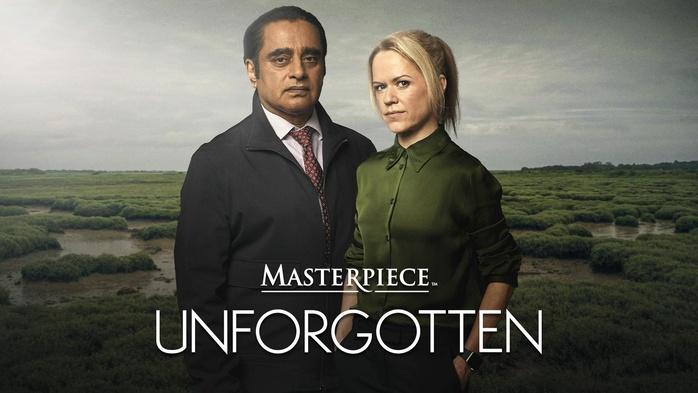

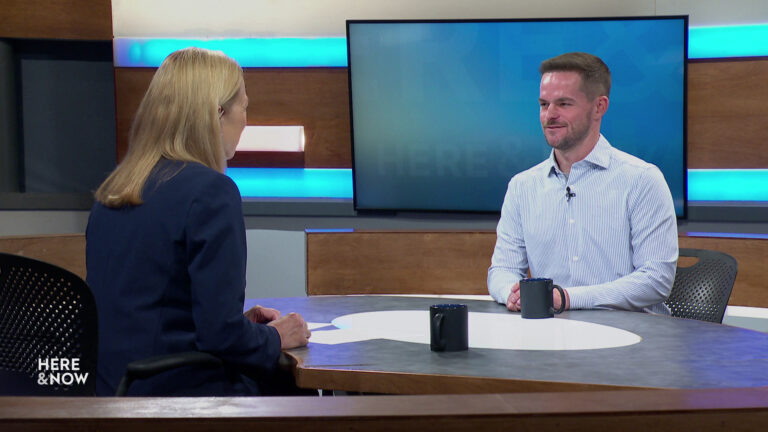

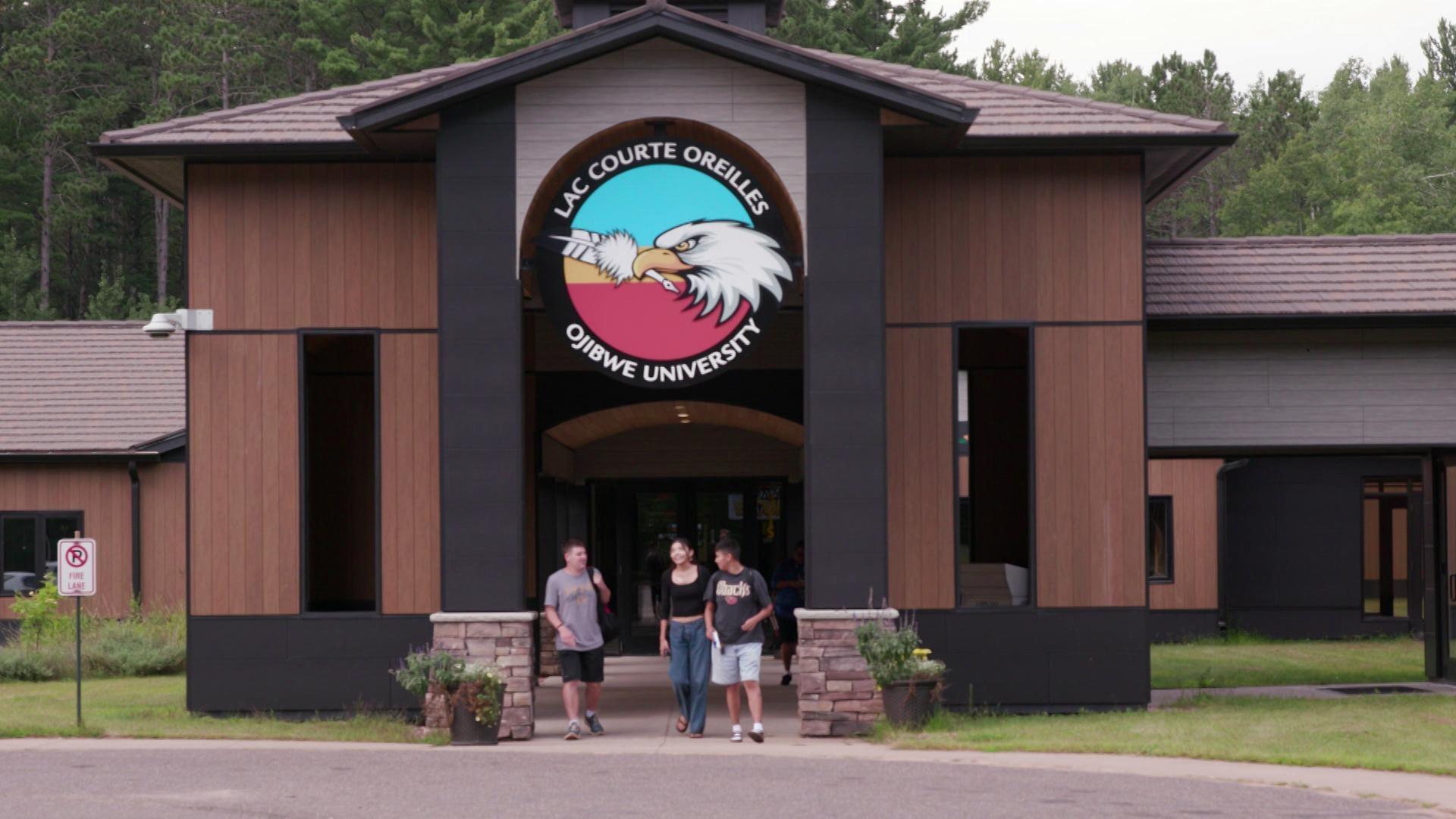
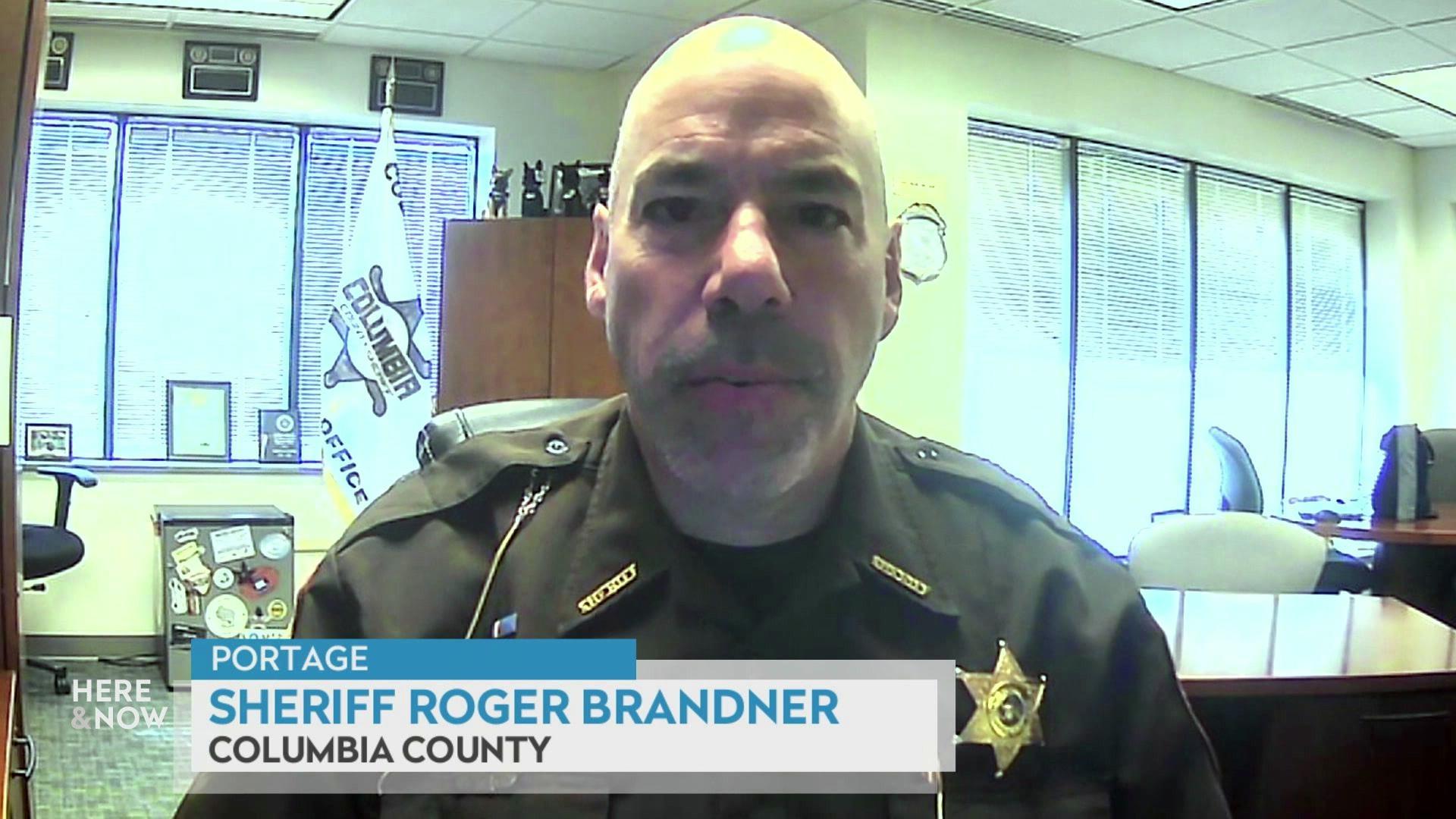
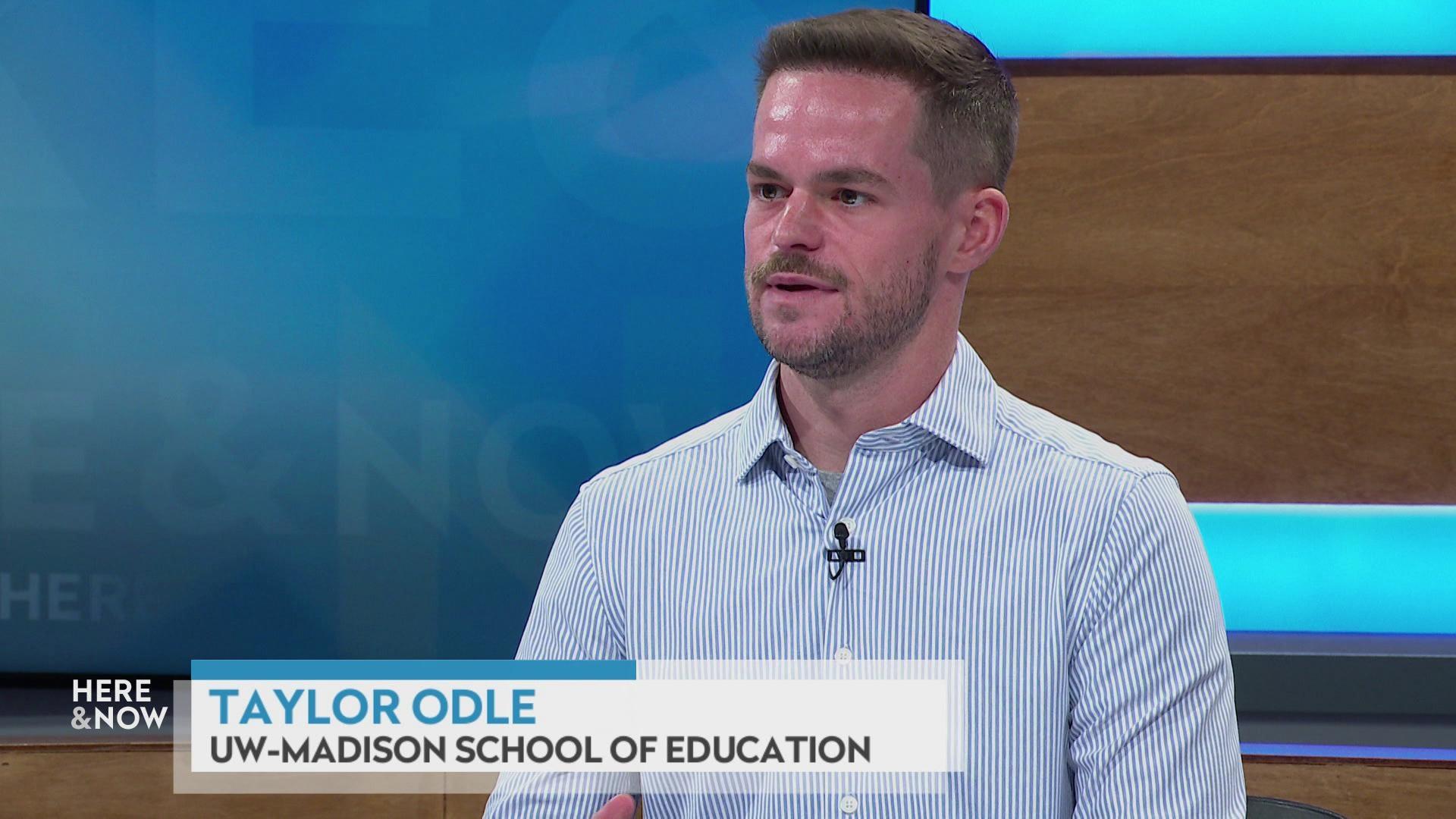
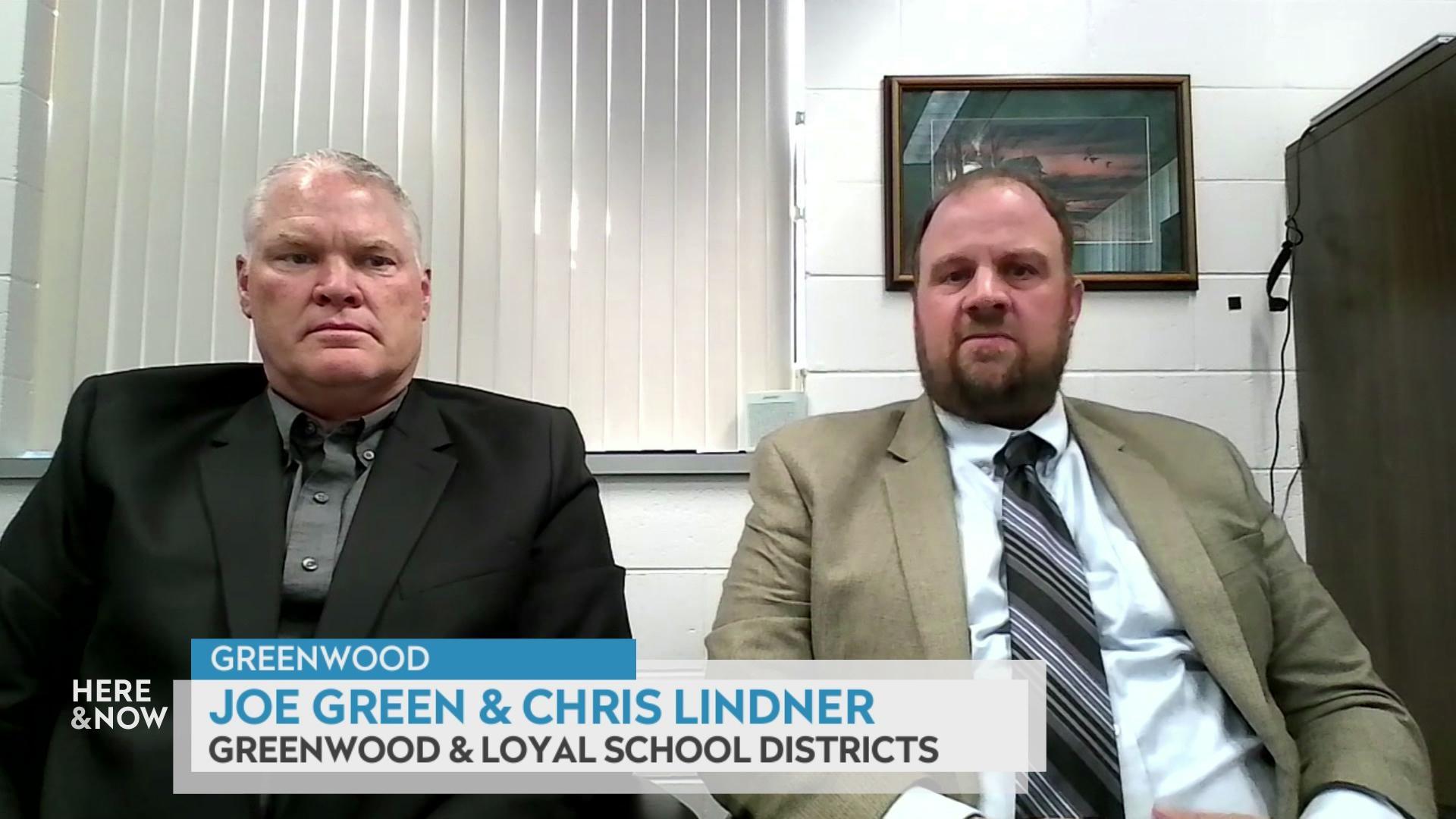
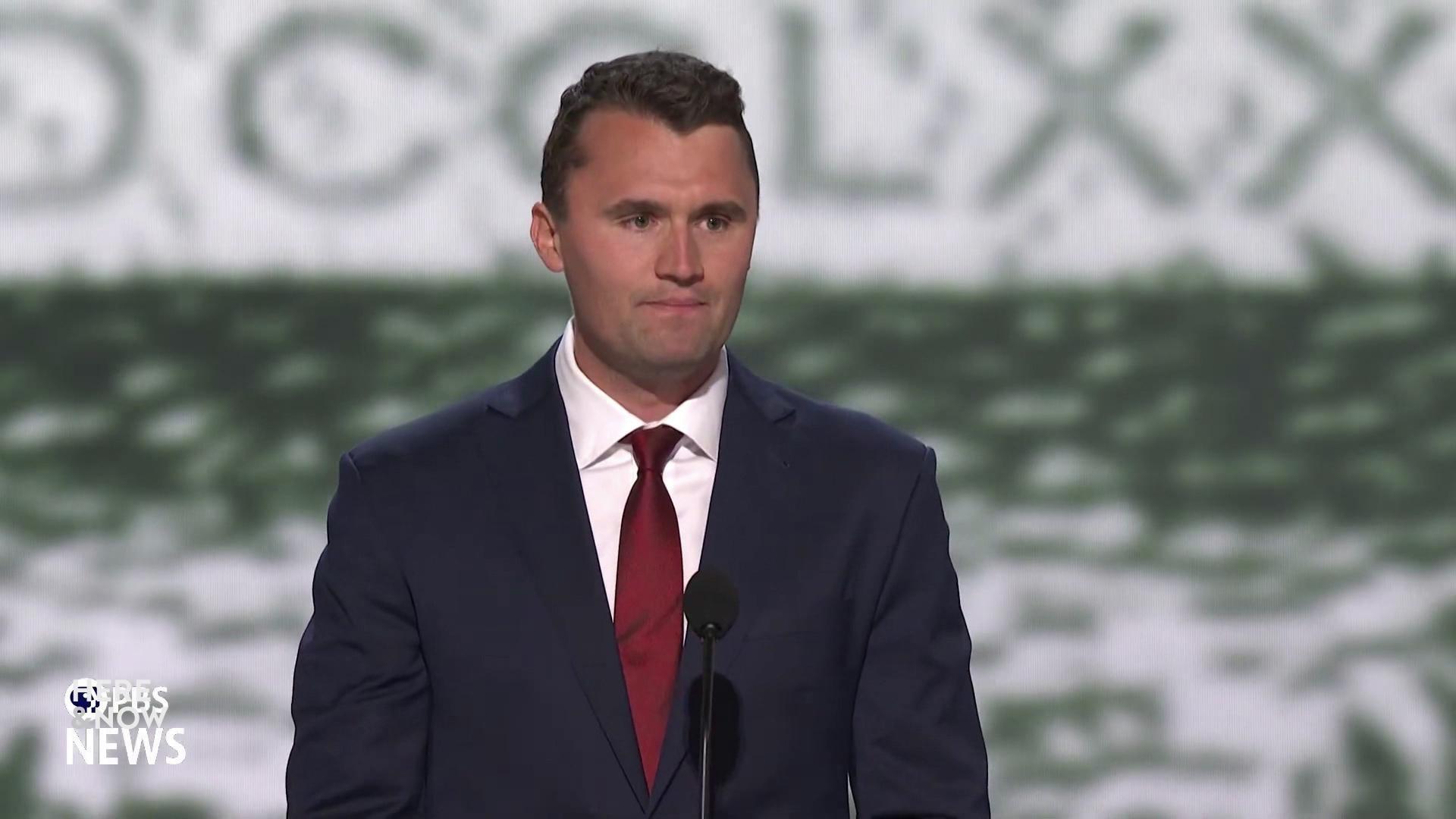
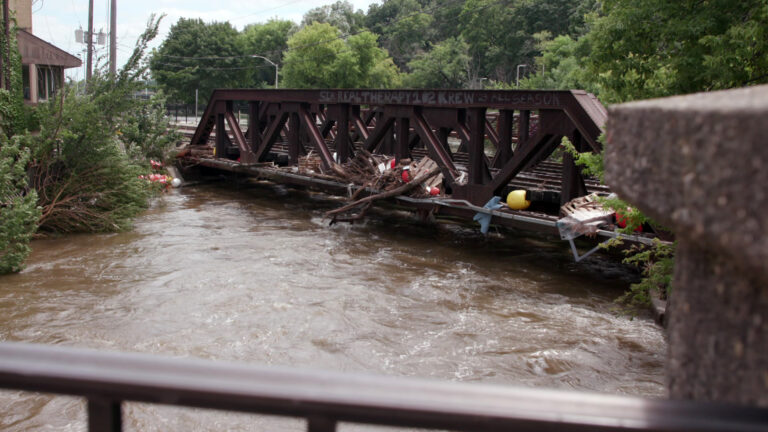
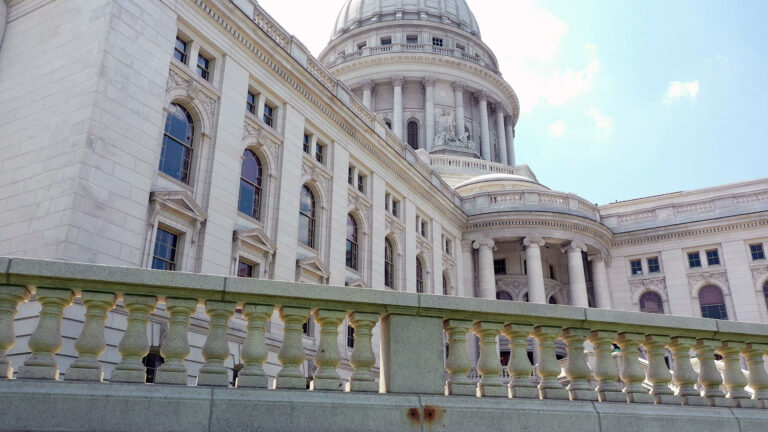
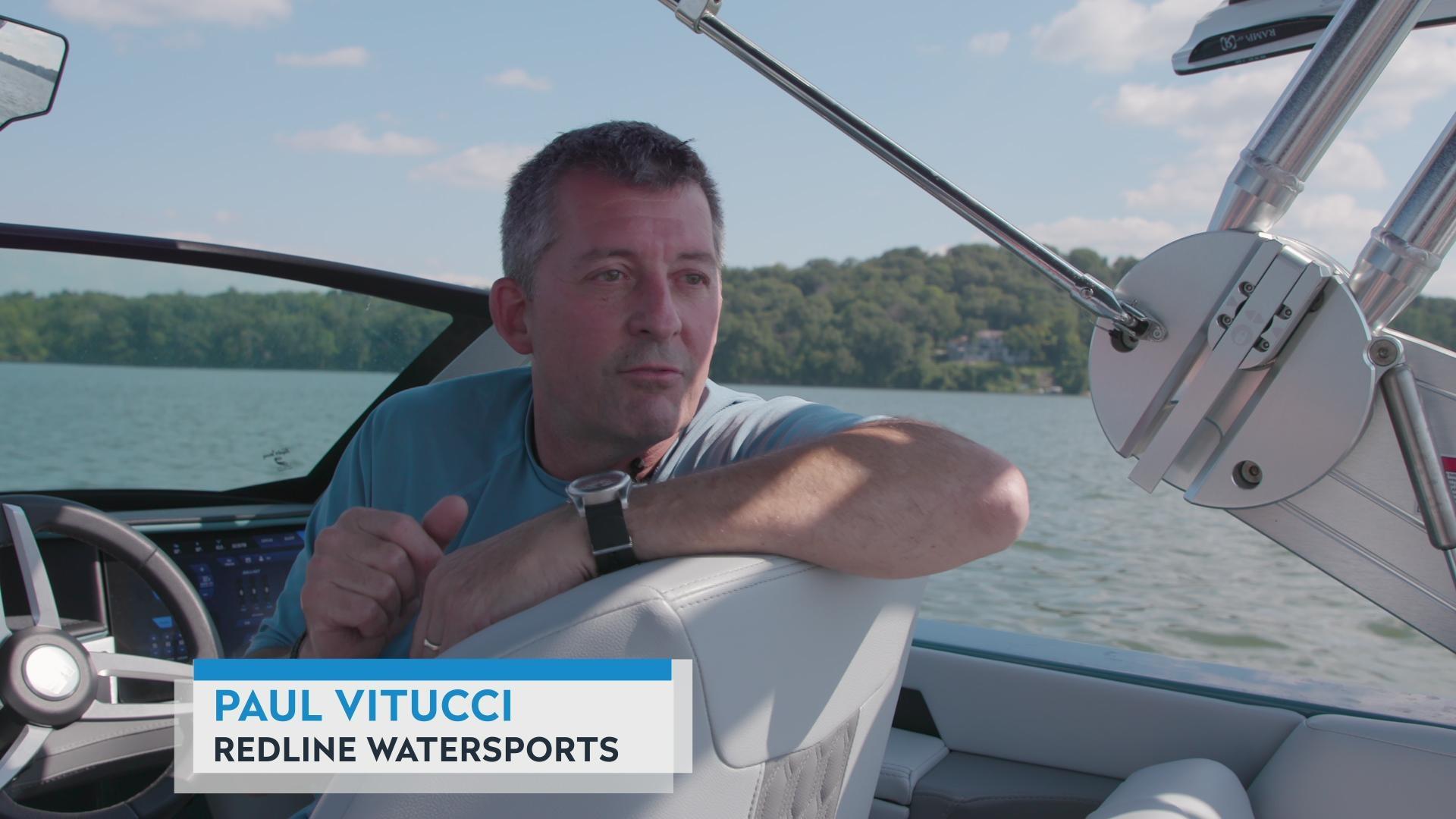
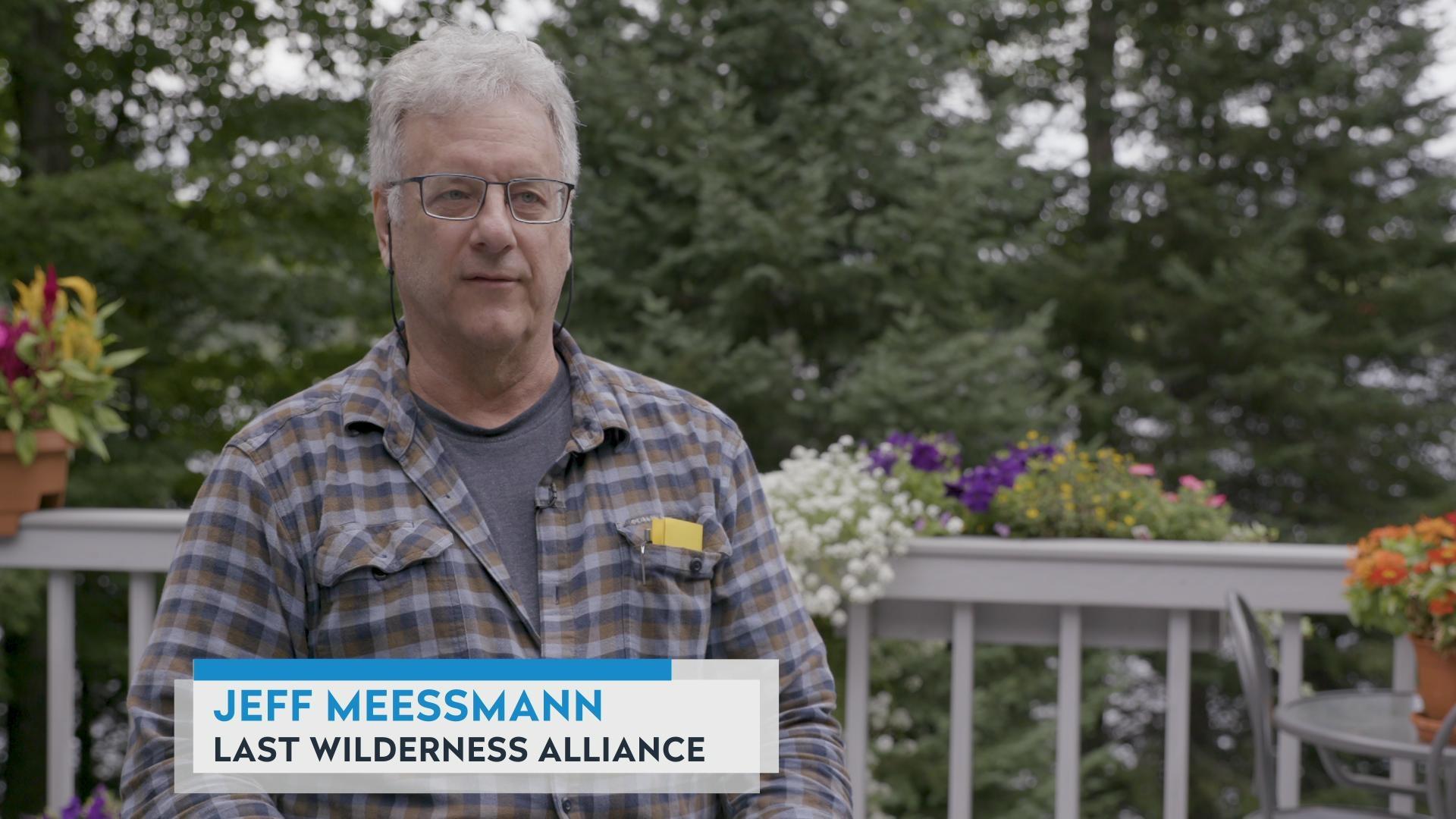
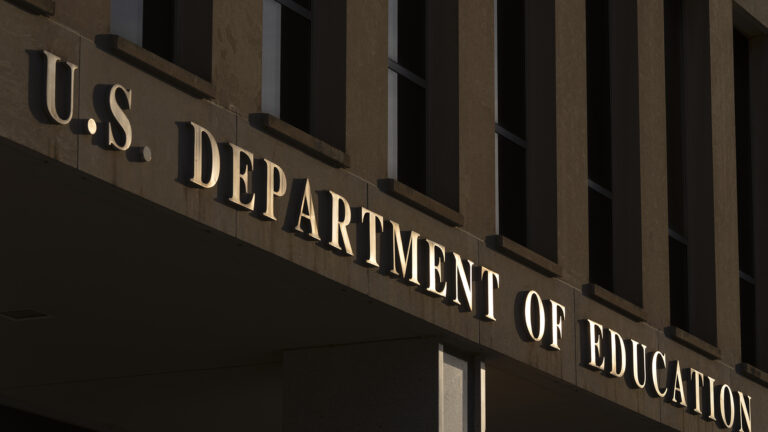

Follow Us